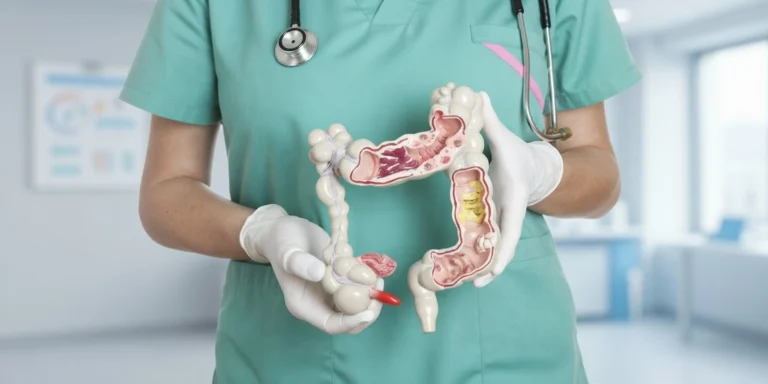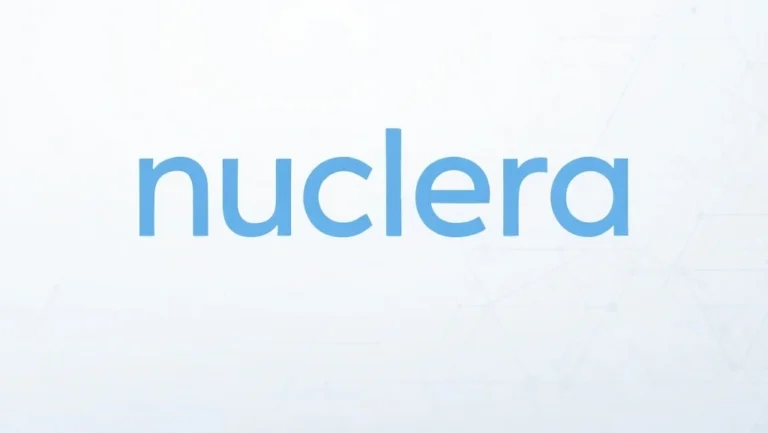
Celltrion presented new findings from Phase III randomized controlled trials (RCTs) for its biosimilar candidates CT-P41 (referencing PROLIA®/XGEVA® for postmenopausal osteoporosis) and CT-P47 (referencing ACTEMRA® for moderate-to-severe rheumatoid arthritis) at the American College of Rheumatology (ACR) Convergence 2024 in Washington, D.C.
CT-P41 Results: Denosumab Biosimilar
- Data from Week 52 to Week 78, including a single transition from reference denosumab to CT-P41, confirmed comparable and sustained efficacy in treating postmenopausal osteoporosis (PMO).
- CT-P41 was well tolerated, with no notable safety issues after the transition, and maintained a safety profile similar to reference denosumab.
- Post-hoc analysis showed that anti-drug antibodies (ADAs) had no clinical impact on pharmacokinetics, efficacy, or safety, supporting the biosimilarity of CT-P41 despite higher ADA incidence compared to historical studies.
Hetal Patel, PharmD, MBA, Head of Medical Affairs, Celltrion USA, commented:
“These findings further reinforce the capabilities of our biosimilar platform and the promise of diversifying our portfolio to benefit patients.”
CT-P47 Results: Tocilizumab Biosimilar
- The 1-year results demonstrated that CT-P47 had comparable efficacy, safety, and immunogenicity to reference tocilizumab in treating active moderate-to-severe rheumatoid arthritis.
- Patients maintained stable clinical outcomes even after transitioning from the reference product to CT-P47, confirming its biosimilarity.
Prof. Gerd-Rüdiger Burmester, MD, from Charité – Universitätsmedizin Berlin, added:
“Biosimilars like CT-P47 offer cost savings and significant health benefits for patients, playing a vital role in managing rheumatic diseases.”
These findings underline the potential of biosimilars to provide effective and affordable treatment alternatives for chronic conditions.





